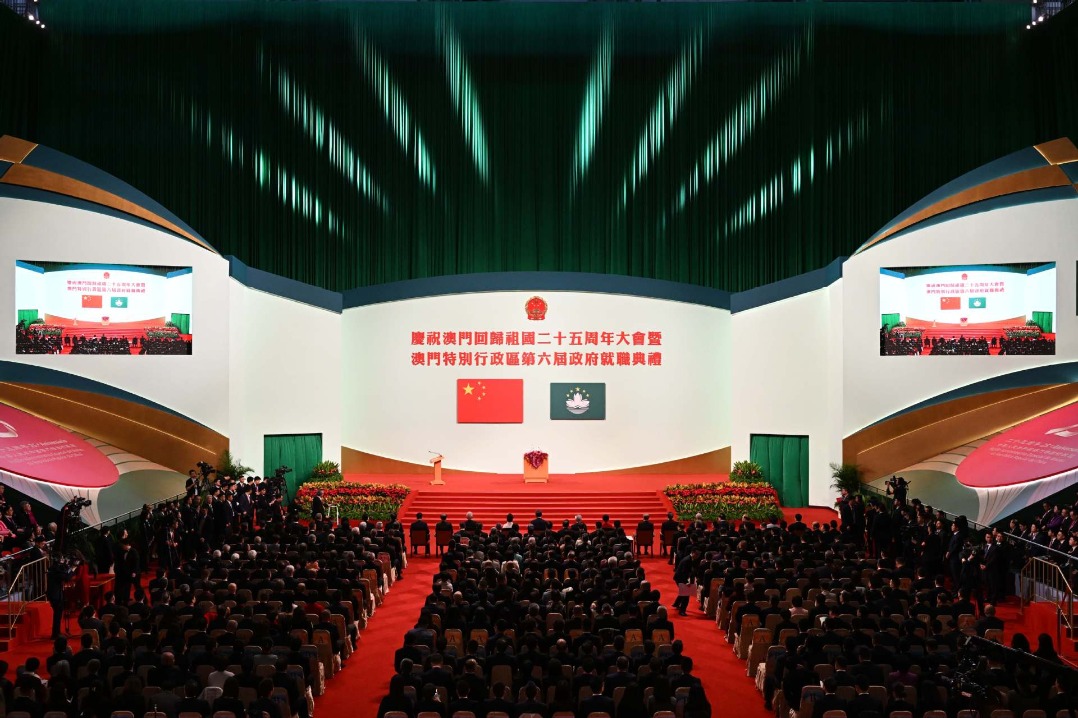China expected to overtake West in future air operations with big data, AI: expert

The order of air superiority and air operations is undergoing changes, as more emphasis will be placed on information agility instead of fighter jets and pilots with the help of big data and AI, opening an opportunity for China to overtake the West, said a senior military expert at a seminar on Monday.
Addressing a seminar on air operations, Yang Wei, deputy director of the Scientific and Technological Commission at the Aviation Industry Corporation of China (AVIC), noted that air superiority has been the top priority in the history of war and will remain at the top in the future.
The seminar is a sideline forum of the third China Military and Civilian Integration Expo held by the Chinese Institute of Command and Control. The expo will last from July 3 to 5.
Recalling history, Yang noted that air operations have become more systematic and coordinated and less reliant on guns or missiles.
“Speed and agility are no longer most important. The key to winning air operations, electromagnetic operations, or cyber operations is ‘information agility,’ the priority and mobility of information,” said Yang, who is also the chief designer of FC-1 fighter jet.
He referred to the new era as “OODA 2.0,” an era when machine-based information-gathering and analysis and decision-making systems will make the famous military theory of the OODA (observe-orient-decide-act) loop more automatic and flexible.
Fu Shengjie, a chief engineer at China’s Air Force Equipment Academy, agreed that big data could turn the tables in decision-making and strategic planning.
Bai Xiaodong, a deputy chief designer at the China Airborne Missile Academy under AVIC, added that beyond-visual-range battles are heavily reliant on situation awareness, which can be effectively strengthened based on more information.
As for “OODA 3.0,” Yang believes that it is being led by the technology of AI: “This is where China can overtake others, because we are all at the same starting line.”
“A fighter pilot didn't win by faster reflexes; he won because his reflexes were connected to a brain that thought faster than the opponent,” said Yang, citing the noted quotation from the founder of OODA loop, John Boyd.
More Chinese companies are looking to AI-tech research and development. The nation is also expected to release an AI development plan up to 2030, which will include several major projects, according to Wan Gang, minister of Science and Technology of China.
- Death anniversary of Canadian surgeon Norman Bethune commemorated in China
- 1,200 punished for misusing school meal program funds
- China's strong opposition against US arm sales to Taiwan
- Yellow River Basin sees improved ecological environment
- GBA turns into dynamic growth engine for new quality productive forces
- Reproductive health education, fertility services vital to addressing declining birthrates




































